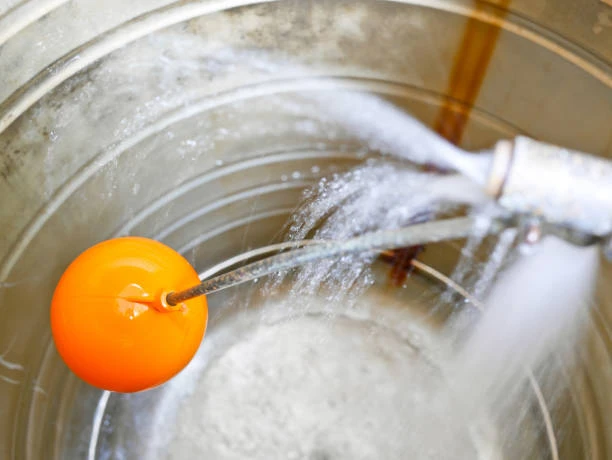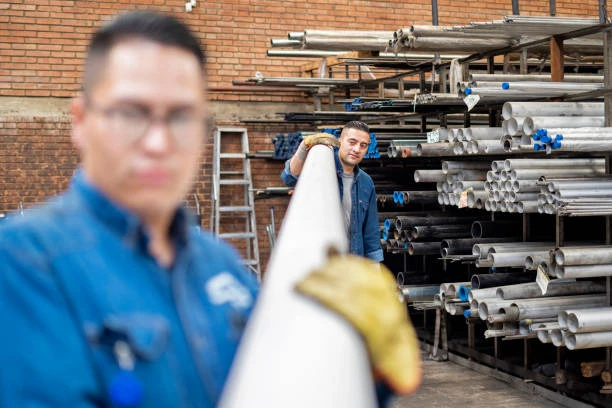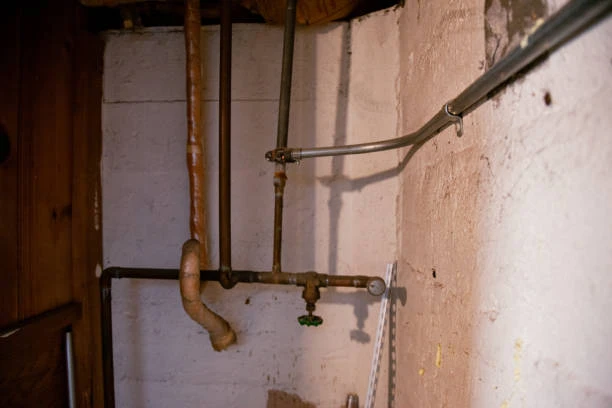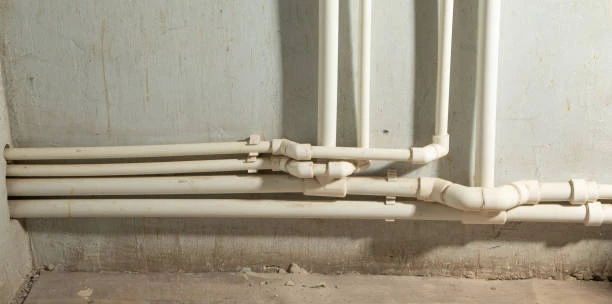Faucet Maintenance for Improved Performance
Wall-mounted water taps bring a clean, uncluttered look to kitchens, bathrooms, and commercial spaces. Known for their modern appeal and space-saving functionality, these taps offer both form and function. But to ensure their performance stays top-notch, regular maintenance is essential. Whether you’re dealing with occasional leaks, mineral buildup, or decreased flow, understanding how to care for water taps wall mounted can extend their lifespan and save money on repairs.
In this guide, we explore everything you need to know about maintaining and optimizing the performance of wall-mounted water taps. From frequently asked questions and installation advice to material selection and valve comparisons, this article is a complete resource for homeowners, facility managers, and contractors alike.
Frequently Asked Questions
Why is my wall-mounted tap leaking from the spout?
The issue usually involves a worn-out washer or damaged valve cartridge. Replacing these components restores normal operation.
Can I install a wall-mounted tap myself?
Yes, if you’re comfortable with plumbing. However, it involves accurate alignment with water outlets, so professional help is often recommended.
What causes low water pressure in wall-mounted taps?
Common reasons include clogged aerators, internal debris, or valve wear. Cleaning or replacing the aerator usually resolves the issue.
How do I remove limescale buildup on the spout?
Soak the spout in a mixture of vinegar and water, then scrub gently with a soft brush to restore the flow and shine.
Are wall-mounted taps suitable for all basins?
Not always. You must ensure proper distance between the spout and basin edge. The wall structure must also support pipework behind the surface.
Copper Valves: Definition and Core Characteristics
Copper valves are widely used in plumbing systems due to their mechanical reliability and corrosion resistance. Found in many wall-mounted tap systems, copper valves control water flow and ensure long-term durability under varying pressure and temperature conditions.
Their main characteristics include:
Corrosion resistance: Copper forms a natural protective layer that limits oxidation
Thermal performance: Handles both hot and cold water efficiently
Hygienic qualities: Copper naturally prevents bacterial growth
Longevity: Can last 20+ years when maintained correctly
Structural strength: Less prone to cracking or deformation
These features make copper valves an excellent choice in both domestic and industrial environments.
Common Applications for Wall-Mounted Water Taps
Water taps wall mounted are used in a range of residential, commercial, and industrial settings. Here’s where they’re most beneficial:
Residential Kitchens and Bathrooms: Offers a sleek, clutter-free countertop
Commercial Kitchens: Improves hygiene by keeping work surfaces clear
Public Washrooms: Easy to clean and vandal-resistant designs are ideal for high traffic
Healthcare Facilities: Promotes infection control by minimizing surface contact
Workshops and Labs: Wall taps allow more flexible workspace and tool organization
The elevated positioning prevents water pooling and makes cleaning more manageable, contributing to overall sanitation.
Buying Guide: Choosing the Best Wall-Mounted Tap
Selecting the right water tap involves more than just picking a stylish model. Consider these essential factors:
Material Base:
Solid brass or copper is best for durability. Avoid plastic internals if long-term use is the goal.
Finish:
Choose electroplated chrome, brushed nickel, or matte black coatings. These finishes are resistant to corrosion and scratches.
Valve System:
Look for ceramic disc valves—they offer smooth operation and outlast rubber washers.
Spout Design and Reach:
Measure the distance from the wall to the basin center to choose the right spout length.
Certification:
Look for marks like ISO, CE, NSF, or WRAS to ensure your tap complies with international plumbing and safety standards.
Ease of Maintenance:
Choose taps with removable aerators and standardized internal parts for easy repairs.
Installation Considerations for Wall-Mounted Taps
Wall-mounted taps require precision during installation. Any error can cause leaks, alignment issues, or reduced performance. Here’s what to keep in mind:
Measure Twice: Double-check the height, center distance, and reach before drilling or cutting wall surfaces
Use Quality Fittings: Ensure all connectors are brass or stainless steel, not plastic
Seal Properly: Apply Teflon tape on threaded joints and use plumber’s putty or silicone around escutcheons
Flush the System First: Clear out debris before connecting the tap
Level Everything: Misalignment leads to uneven water flow or awkward tap positioning
Pressure Testing: After installation, test the system for leaks and confirm consistent pressure
Following these steps ensures proper function and reduces future maintenance needs.
Copper Valves vs Plastic Valves: Key Differences
| Feature | Copper Valves | Plastic Valves |
|---|---|---|
| Durability | Extremely robust and long-lasting | Prone to wear under pressure |
| Corrosion Resistance | Naturally corrosion-resistant | Resistant, but may degrade over time |
| Heat Resistance | Excellent for hot and cold water | Suitable only for moderate temperatures |
| Installation | Compatible with most plumbing types | Easier to install but less versatile |
| Cost | Higher upfront, lower maintenance cost | Lower cost, higher replacement frequency |
| Eco-Friendliness | Fully recyclable | Typically non-recyclable |
Copper valves are clearly the better option in performance-critical applications, while plastic valves serve well in low-cost, short-term installations.
Conclusion
Wall-mounted water taps bring more than just modern aesthetics—they offer practical benefits like space efficiency and hygiene. But to ensure they perform well over time, routine maintenance is key. From descaling to valve replacement, most tasks are easy to manage and extend the service life of your tap.
Choosing the right materials and understanding your tap’s valve system can significantly improve performance. Copper valves remain the top choice for durability and hygiene, especially in taps frequently exposed to varying temperatures and pressures.
Whether you’re upgrading a kitchen, renovating a hotel restroom, or outfitting a commercial kitchen, maintaining wall-mounted water taps properly helps prevent costly repairs and keeps water systems functioning smoothly.
Connect with IFAN
IFAN has over 30 years of experience as a manufacturer of plastic pipes, copper fittings, and water valves. Whether you’re working on residential plumbing or large-scale industrial installations, IFAN offers reliable, cost-effective products tailored to your specifications.
Reach out for more details:
For more information,pls visit our webside https://waterpipefitting.com/
Pls Mailto: [email protected]
Whatsapp: +86 15088288323
We guarantee responses to all queries within 24 hours and provide expert consultation for custom plumbing projects.
IFAN Certifications and International Standards
IFAN’s valves, pipes, and fittings are manufactured to meet and exceed global performance standards, including:
ISO Certifications: 15874, 15494, 1452
ASTM Standards: F2389, D2665, D1785 SCH40/80
DIN Codes: 8077/8078, 8061/8062
EN Compliance: EN 15874, EN ISO 15494
Others: AS/NZS 1477, CSA B137.6, JIS K6741, NSF/ANSI 14, GB/T 18742, GB/T 19472
These certifications reflect IFAN’s commitment to quality, safety, and compatibility in all market environments.














Recent Comments